Provisioning a nation under harshest sanction in history
Sanctions are normally followed by dissatisfaction, dissent, demonstrations and ongoing tension, but in Iran they have not been wide spread and short-lived, mainly because the country has managed to provide essential, as well as secondary, goods in spite of being under the harshest ever US imposed sanctions for the past few years.
The government has earmarked one billion dollars a month for the acquisition of essential goods and provisions, in spite of foreign currency limitations.
Nearly five years of the harshest ever US sanctions, evolving from about 40 years of UN backed sanctions, and Iran is still standing. Ironically that’s partly because of the decades of exposure such outrageous fortune.
Iran has learnt to survive by finding ways around sanctions and has a complex, multi-faceted, economy with a vast social capital.
Unemployment is high; inflation is high, and we may be running out of foreign currency. But shop-shelves are abundantly well stocked, in the capital and major cities, with sufficient provisions for the whole population.
Nothing is cheap but it is there. How did it get there and will it stay there?
A country’s trade is the result of the cooperation and collaboration of several different units. If trade is to be boosted so the goods can reach the end customer at an affordable price and conveniently, the Central Bank, the Ministry of Industry, Mine and Trade, Ministry of Foreign Affairs, Ministry of Agriculture, Ministry of Economy, and others must all work together toward the same common goal.
Their job is like a car whose all four wheels must move at the same time and in the same direction. If the wheels aren’t aligned, the more you accelerate the greater risk of breaking down you’re putting the car at.
This means that trade, currency, monetary, tax, transportation, and all other policies have to be adapted considering a common goal. No matter where they’re moving toward, they all need to aim at the same goal.
Yahya Ale Eshaq, Former Minister, Ministry of Commerce
Necessity is the mother of invention
Economic sanctions target foreign trade and government activities they attempt to change the targeted nation’s behavior in the hope that they will eventually submit to the demands of those who sanctioned them.
Sanctions are typically meant to influence both the cost benefit analysis of national decision makers and their ability to implement ‘problematic policies’. American economic controls, especially on military material, were imposed in an endeavor to put functional constraints on Iranian defense capabilities and regional influence.
But just as US economic sanctions have a tendency to fail in achieving American foreign policy goals, so do its restrictions on military equipment and programs.
There’s this principle which has been true since the old times that says “necessity is the mother of invention.” Sanctions haven’t created the most ideal situation; we don’t want to be subject to sanctions. We don’t want to invite them to sanction us. That’s not the case.
We want to have relations with every country in the world. We firmly believe in this and don’t have any other claims. But the point is, we have a set of aspirations and goals that are very important to us. They’ve put us through a lot of hardships over the past 40 years to increase the cost of achieving those ideals, but we (have) endured them all.
When they refused to sell us something, we produced the same goods, either with less sophisticated technology or at higher costs.
The sanctions led us to use our potential. They forced us to go after what we had but were ignoring. Of course, this wasn’t an ideal place to start.
As I said earlier, we might have started by producing goods with less sophisticated technology or through costly production processes.
Gholamreza Marhaba, MP, Spokesman of Economic Committee
Iran, having endured an 8-year war in isolation, has in fact been all the more resolved to work on its defenses and technological knowhow, from ballistic missiles to a peaceful nuclear programme for further energy production and medical purposes.
To Iran a siege is a siege, be it a military strike or intentionally-crippling sanctions. The Vienna nuclear talks are aimed at lifting unlawful US sanctions imposed on Iran, enabling Tehran to return to its nuclear programme, and have the West help it get its foreign trade up and running.
Iran is not simply waiting on the west but has already adopted a “lean-to-the-east” policy. Regional developments have not been in line with the US goal of totally isolating and containing Iran within its own borders.
Could sanctions cause long-term problems with provisioning the country’s needs, if so, what would be the solution?
Perhaps one of the positive consequences is already working as a solution in the form of domestic manufacturing, incentivized by the very sanctions hindering it and thereby rendering the country independent of its boycotters.
We can procure resources and raw materials we need from a variety of different sources, either domestically or from foreign markets, and with proper planning and putting aside many mistakes and trials and errors that have been done over the past years.
In such a scenario, our first response to the sanctioning countries is that you’ve locked yourself out of the Iranian market and deprived yourself of engaging in business with us. This is a cost imposed on you. We can obtain our resources from elsewhere; it might come at a higher cost, but we will do that, because it results in much higher national achievements.
It’s important to send them the message that the first consequence of your sanctions is that the bans deprived them of using the unique opportunities that they could enjoy by trading and having economic relations with Iran. They have deprived themselves of them.
Gholamreza Marhaba, MP, Spokesman of Economic Committee
Since the unlawful 2018 US pullout from the JCPOA, or Iran Nuclear Deal, and even more so since 2020, Iran has become quite proficient at evading US sanctions on its crude-oil exports.
We may have had to offer steep discounts to lure buyers who are comfortable skirting sanctions but, according to traders, new customers have emerged for Iranian crude oil, especially as many Asian economies, including that of China, bounce back.
US policy by trial and error
Since the Islamic Revolution of Iran in 1979, America and her allies have often taken stringent economic measures against Tehran via the UN, in the hope of concessions from Iran which never seem to materialize.
Since 1979 and the US Embassy takeover in Tehran the US has employed its dual track policy of leaving the door ajar for negotiation while making life difficult with economic hardship in the vain hope the Iran will change its policy, or that the populace would pressure the government into doing so. Except that hasn’t worked out as Washington had imagined it would.
In looking at the American track record, to many, US sanctions are at best the foreign policy equivalent of saying "bad doggy" or a slap on the wrist.
Julia Grauvogel and Christian von Soest of the German Institute of Global and Area Studies and Amanda Licht of SUNY Binghamton, by looking at Political science literature have found that there is no real correlation between the sanctions imposed pain on ordinary citizens, and a rise of anti-government protest movements.
In fact, it is the threat of sanctions, in particular "smart" sanctions, which have a better track record. Smart sanctions are what target the elite but not the broader economy and so do not hurt ordinary citizens.
How sanctioned states can handle sanctions
There are two aspects to sanctions. One is the negative aspect, which results in higher costs, creating shortages and dissatisfaction among the people, which has been noticeable. The other aspect, if managed properly, can turn the threats into opportunities.
Take gasoline for example. They sanctioned our gasoline imports. We were using 70 million liters of gasoline a day, a third of which was imported and the rest refined domestically. We realized that the enemies want to disrupt our daily lives by targeting gas. Therefore, we immediately put all our efforts into the refineries so they could output more gasoline, and soon, our reserves were full again.
This meant that we made assumptions and acted on them. In those areas where we had careful planning, we’ve been able to resist the pressure. The same is true about the technologies and innovations in the production sector.
Imagine antibiotics; we realized that there was a shortage of medicine and that the enemies can pressure us with that. So we immediately took action.
My point is, if we consider the outcome of the sanctions carefully, we can turn the negative aspect of the bans into positive ones for the production.
Yahya Ale Eshaq, Former Minister, Ministry of Commerce
The same German study finds that: “One sanction threat makes significant anti-government protests in the following month an impressive 77 percent more likely to take place.” It also adds that “if one credible sanctions threat comes on the heels of another, the increase in protest probability goes up by 212 percent. If the sanctions are targeted at elites, and not the population, that goes up to a staggering 400 percent.”
“This effect goes kaput once sanctions are actually imposed. ...In fact none of the measures of imposed economic sanctions achieve statistical significance" in causing protests.
Qatar, which was under a blockade by only two countries, namely Saudi Arabia and the United Arab Emirates, and not the whole world, faced a shortage of goods at its shops.
Take Russia which we’ve been hearing about a lot in the news, for example. The exclusion from SWIFT is gradually affecting the Russian banks and halting their progress. And they’ve been under sanctions for only 10 days.
But we’ve been facing sanctions for 42 years, since the victory of the Islamic Revolution. We’ve been under the most severe form of sanctions for the past 16-17 years, from when the 9th administration was in place until now, when it’s 6 months into the 13th administration’s tenure.
But Iran is still standing strong.
Mohammadreza Sabzalipour, Head, Iran World Trade Center
Iran could have done so much better. Sanctions just make up for 30 percent of our economic woes according to our experts. The remaining 70 percent has to do with our own mismanagement and corruption, although sanctions have created grounds for corruption and the smuggling of boycotted goods for considerable “commissions” with the funds expended not necessarily returning to the country’s financial cycle leading to Rentierism.
There are several reasons why we’ve had this much resilience. For one thing, Iran is a vast country with a very high diversity of climate and mineral resources. There are opportunities in every corner of this country, resources that even several European nations combined might not have.
If we can make good use of this unique God given capacity that exists in this country with the right and appropriate planning, along with the capacity of an educated and motivated young workforce that we have in the country, we can also increase the cost of sanctions for our enemies. We can send them the message that we’re not a nation that can (thwarted through being) sanctioned.
Gholamreza Marhaba, MP, Spokesman of Economic Committee
There have been challenges and solutions to mismanagement and corruption, such as, unifying all involved governmental bodies and ministries, creating a national expansion fund to support a knowledge-based economy of resistance.
But a “fat” government combined with a “slim” private sector has resulted in the consumption of the expansion fund for government expenses and extravagance, rather than in industry.
The fund was to be a reserve, maintained and supplemented with extra petro dollars, to be used in manufacturing and industry. But the sector is government controlled and the manufacturing core is not as “fat” as it should be.
Unfortunately, the Resistance Economy has turned into a political issue in the country. Different camps are at odds with each other over the measures they need to take in the resistance economy, blocking each other’s steps just because they come from the opposing side.
This is while all countries have been practicing Resistance Economies, although the names might be different. The US has a resistance economy. What does that mean? It means that we want our economies to be resistant and powerful.
Who doesn’t want a powerful and resistant economy? South Korea, Japan, Germany, the US, and others have had resistance economies. Each and everyone had a different name for it. All of them have become strong economies and turned into superpowers.
We need to work more on the issue. We don’t need the JCPOA for that. I’m convinced that even without the JCPOA and with the sanctions in place, we can develop the country.
Mohammadreza Sabzalipour, Head, Iran World Trade Center
In the Supreme National Security Council, an institution called the Special Measures Headquarters was established, consisting of several ministers and various officials, which gave approvals to specific demands.
For example, there could’ve been people who couldn’t import wheat or any raw materials. They couldn’t get in through conventional methods including tenders or auctions, so they would have no other way but to procure them through illegal and unconventional ways.
They would put their case to the Committee, to which I was a secretary at the time. After secretly raising the issue, they’d be granted permission. Sometimes they’d even import the goods at higher costs, too.
Yahya Ale Eshaq, Former Minister, Ministry of Commerce
However, while bigger manufacturers such as car makers dependent on imported raw materials have had to downsize, small and medium businesses have filled the void for everyday commodities and basic provisions people need.
Large manufacturers are facing hard times
The Iranian automotive industry, for example, has slashed output from 1.4 million cars in 2017 to 991,692 in 2021, according to the International Organization of Motor Vehicle Manufacturers.
How are smaller companies doing?
One of the problems we have is that the government has not yet accepted and does not recognize the private sector as it should and perhaps does not use the private sector as it must.
The government must realize the fact that governments don’t build nations; it hasn’t been the case anywhere in the world.
It’s the private sector that builds a country, governments are only facilitating bodies to pave the way, implement the right policies, and eliminate the problems.
Mohammadreza Sabzalipour, Head, Iran World Trade Center
Thanks to US sanctions in 2018 the French cosmetics company L’Oréal abandoned acquisition talks with Zarsima Nami Rasa, consequently, the Iranian firm launched its own line of products that have since replaced L’Oréal in many a Tehran hair salon.
The company said its domestic focus allowed it to retain about 450 workers, as reported in 2020.
Iranian home-appliance manufacturer Pakshoma Co. made the most of the departure of much larger South Korean competitors, LG Electronics and Samsung, by developing the first domestically produced dishwasher, called the Josephine, after the American inventor of the machine, Josephine Cochrane.
Pakshoma’s sales of dishwashers and washing machines have surged 40% and 55% respectively from 2018 to 2020, allowing the company to hire 600 workers, according to its marketing manager, Mehrdad Nikzad.
Whether domestic or imported, some items just have to be acquisitioned from external sources, which Iran has been doing quite successfully.
We made every effort to supply basic goods despite all the problems in the supply chain. We identified 24 goods that were essential for the people. Those included vegetable oil, rice, corn, medicine, and others.
We planned for the 24 goods taking into account all the factors influencing the supply, distribution, monitoring, and decision-making system so they can reach the 60 million Iranians easily and with the least amount of fluctuation in their prices, to fully address the concerns of the citizens.
Yahya Ale Eshaq, Former Minister, Ministry of Commerce
Naturally, no country can and should produce 100% of all the materials it needs on its own, because there is a discussion of comparative and absolute advantage.
Every country has an advantage in producing products or providing services. Some powers, with colonial histories, used the matter to pressure sovereign nations.
Since the day of the victory of the Islamic Revolution and the establishment of the Islamic Republic in Iran, our enemies and those who considered their interests lost in Iran introduced sanctions against our country.
Gholamreza Marhaba, MP, Spokesman of Economic Committee
In 2020 about 1000 small and medium-size companies created or re-created 17,000 jobs, the deputy head of Iran’s Small Industries and Industrial Parks Organization told the IRNA state news agency last week.
They account for 92% of this country’s manufacturing enterprises and 45% of its industrial jobs, according to the organization.
Iran’s unemployment over the decade leading to 2020 had decreased to 9.5% from 12.3%, according to government statistics.
So, if sanctions have inadvertently helped the country’s industry, perhaps they’ve also set it on a path of independence of its crude oil exports.
To what extent and which businesses have found opportunity in the current limitations and shortcomings?
The governing system in Iran is neither liberal no socialist. It supports private enterprise, while at the same supporting the poor via state run charitable institutions such as the Imam Khomeini Aid Foundation.
The actual functioning of these foundations may be questionable, but they are a platform for good work, however, the good work should not be done at the expense of the national economy or other echelons of society other than those under the protection of said foundation.
US imposes ‘terrorist-grade sanctions’ on UN expert, ICC judges amid Gaza accountability drive
VIDEO | Press TV's news headlines
Senior Russian general shot and wounded in Moscow: Officials
UK ordered in 'milestone' court ruling to pay $570 million for colonial-era massacre
VIDEO | Defying the rubble, Gaza opens its first face-to-face school since start of war
‘Ready for next round’: Million-man rally in Yemen backs Gaza, resistance
FM Araghchi departs Muscat for Doha following nuclear talks with US
Israeli keeps killing more Palestinian civilians in Gaza amid relentless ceasefire violations


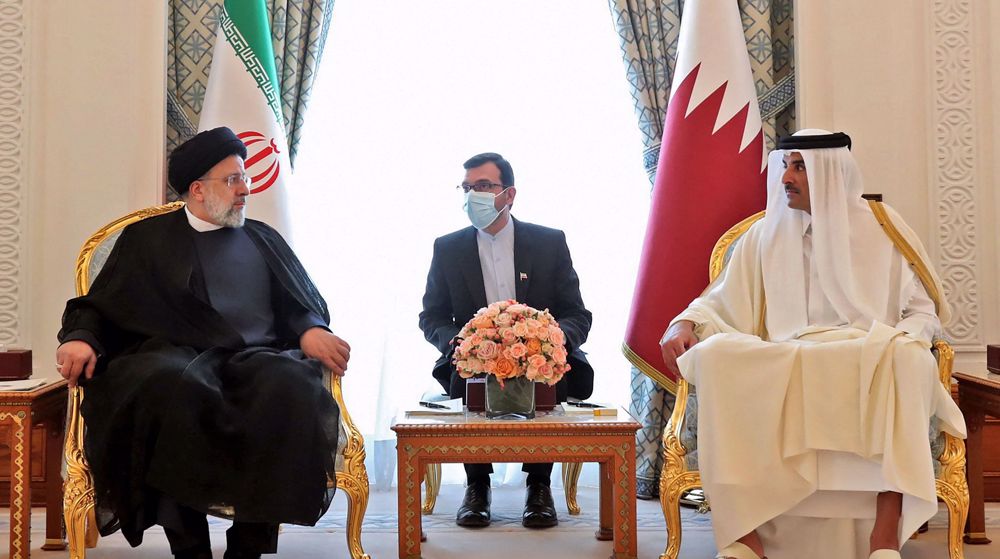
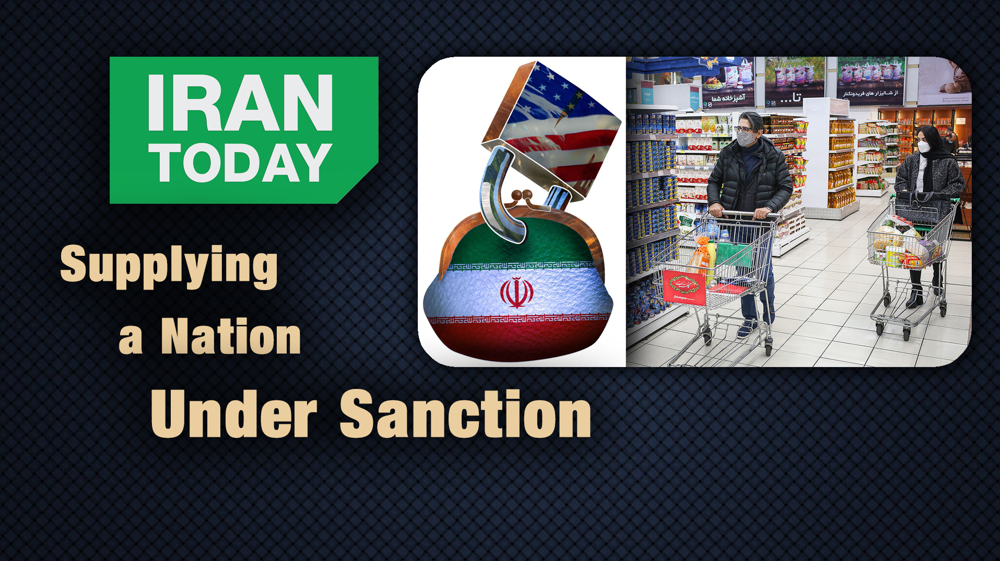
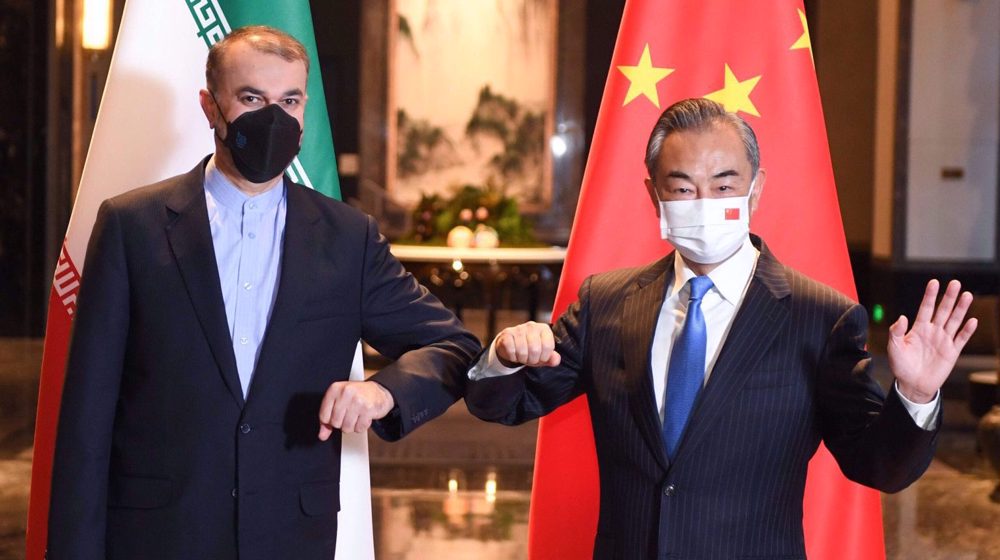
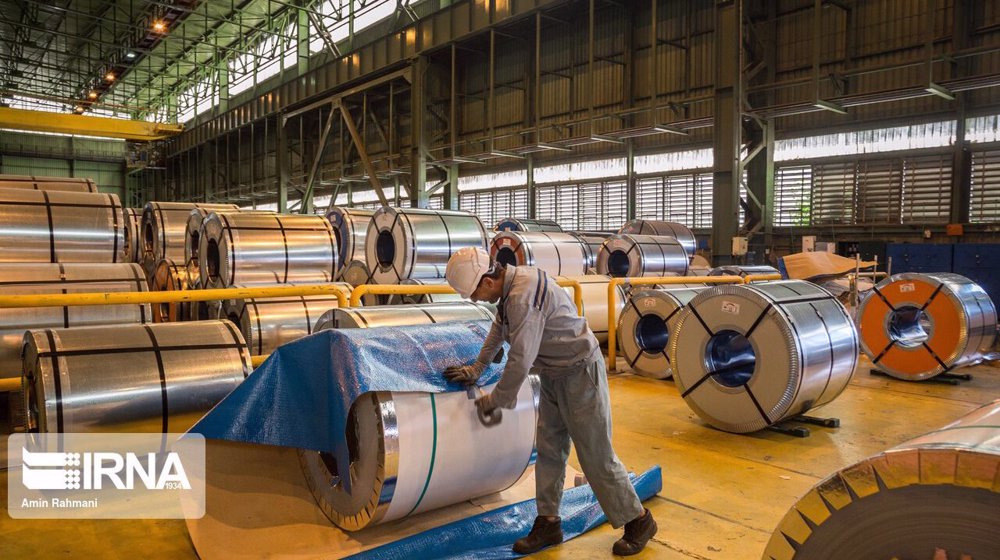
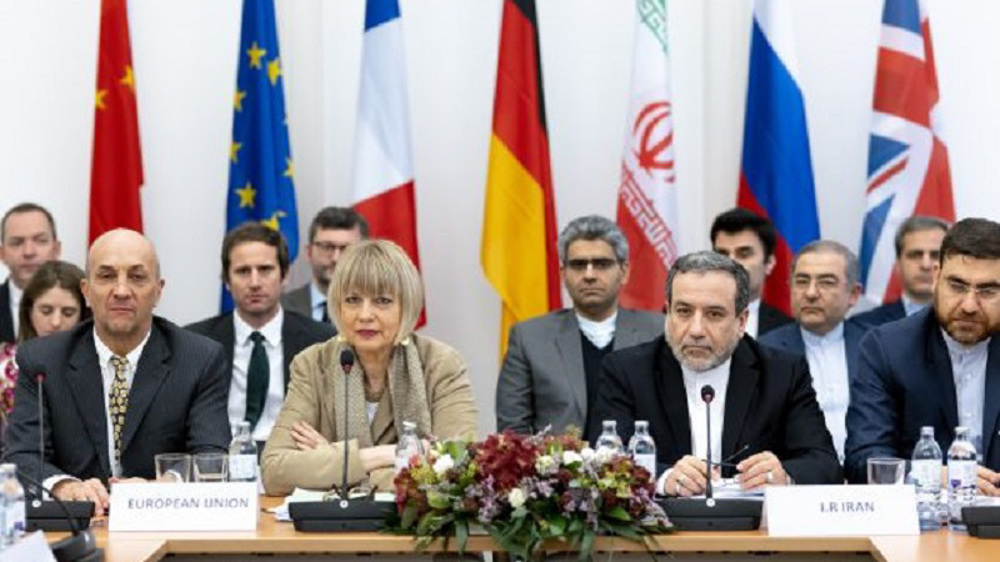
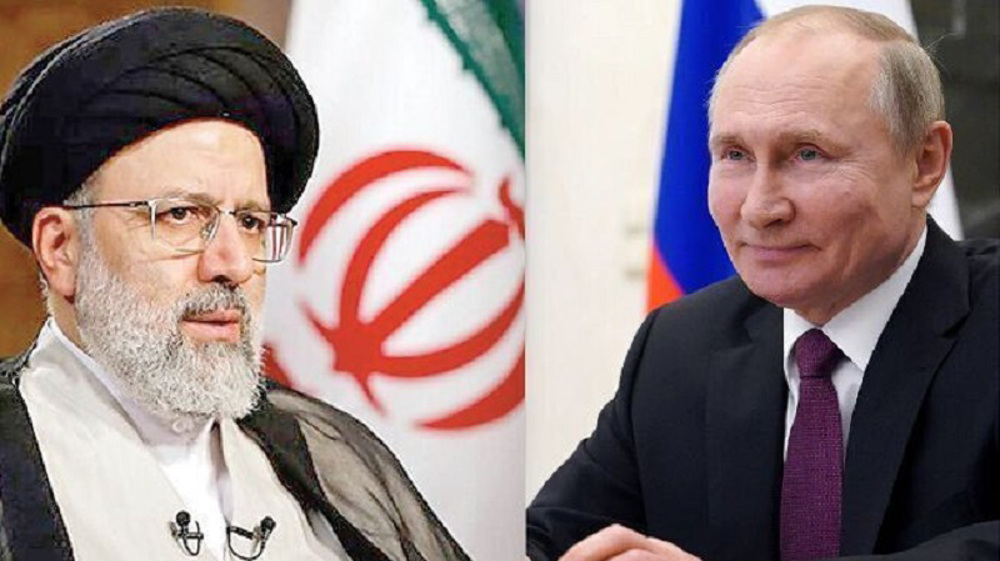
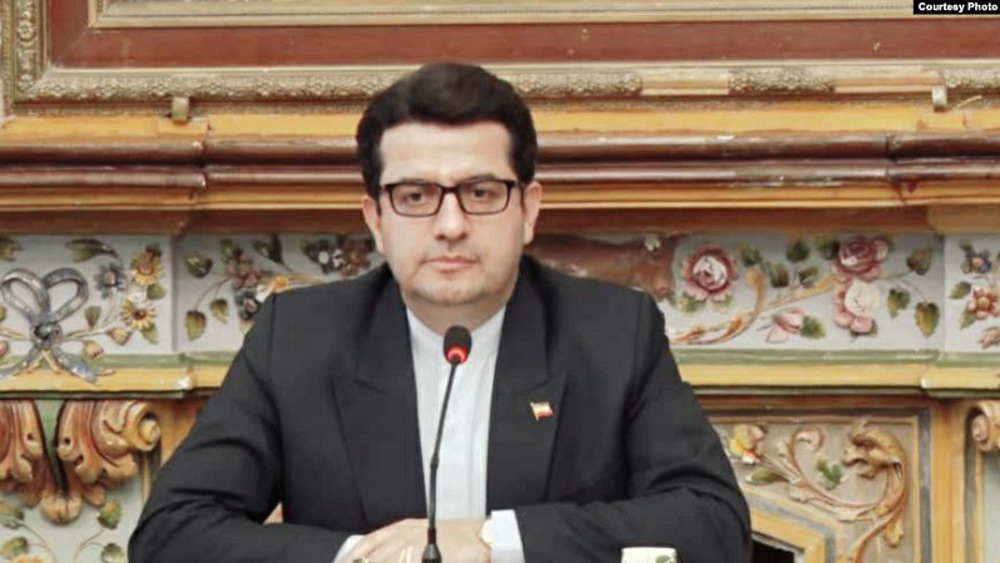
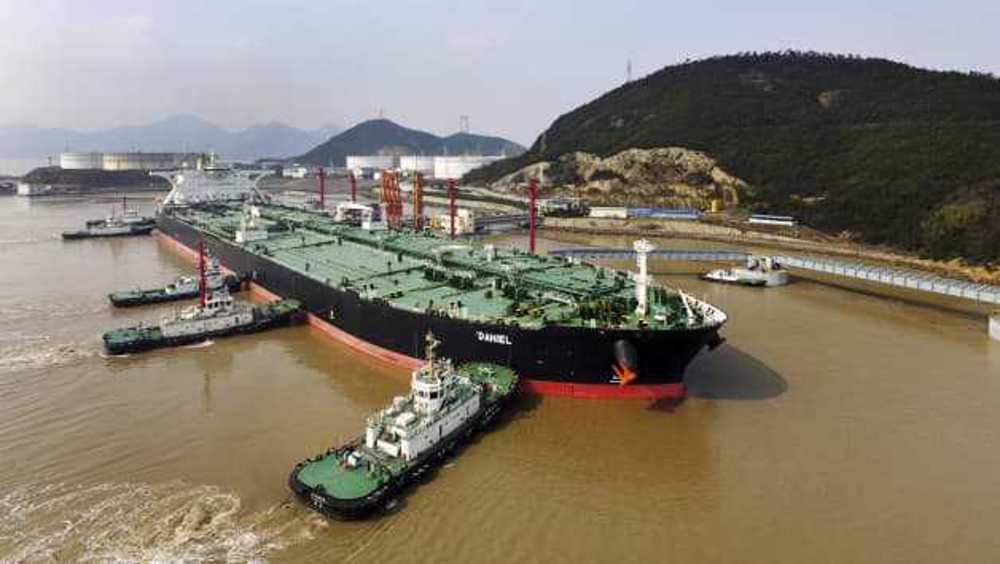
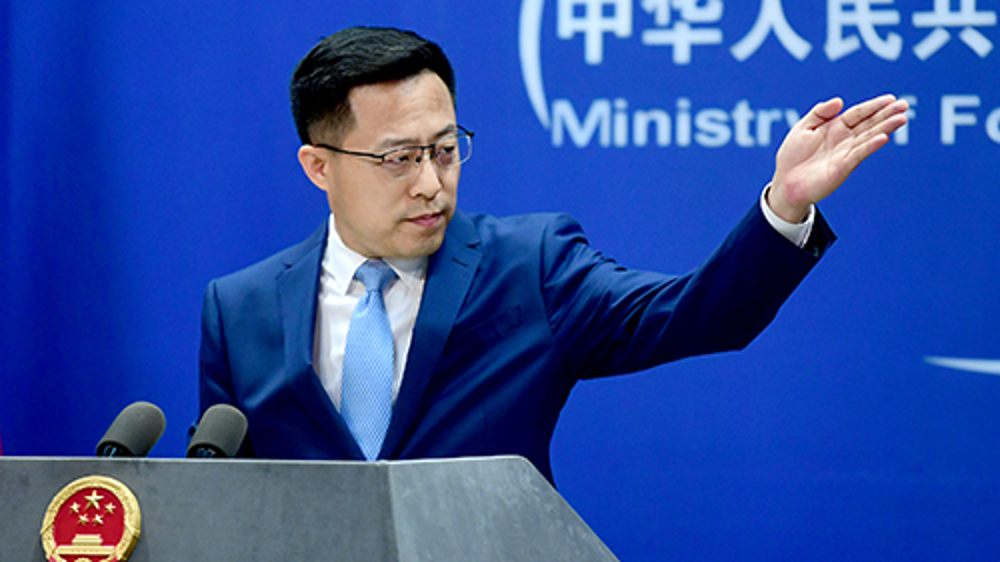
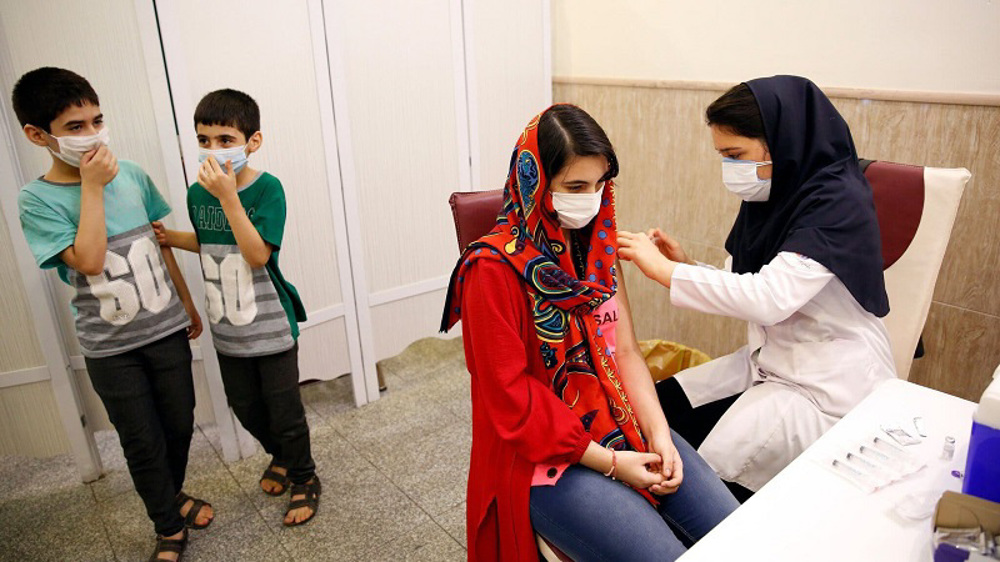
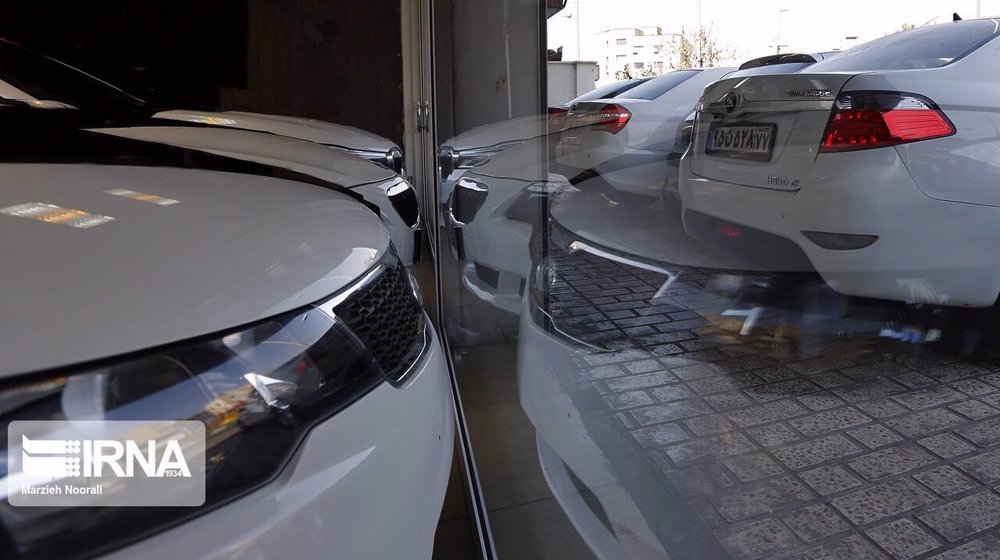

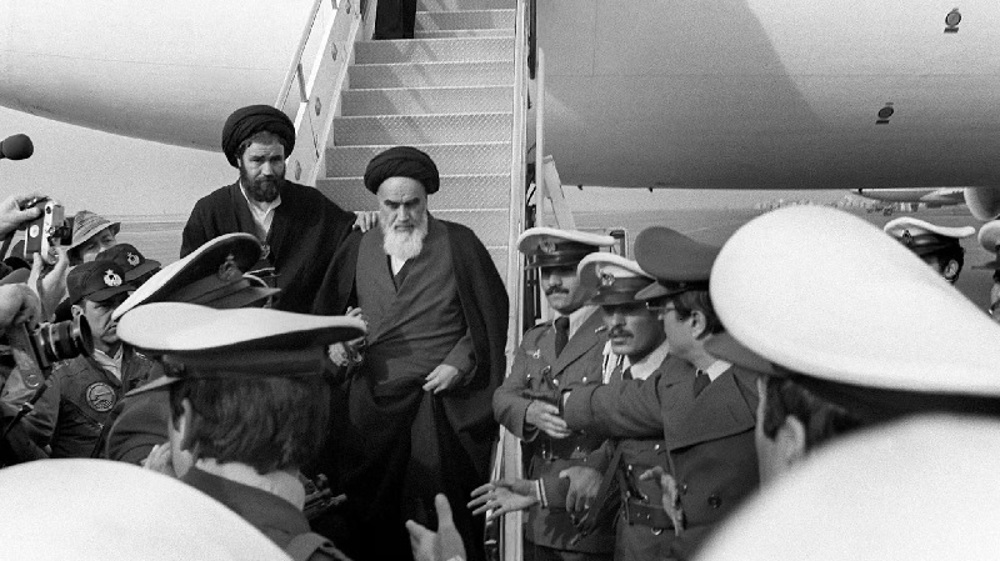
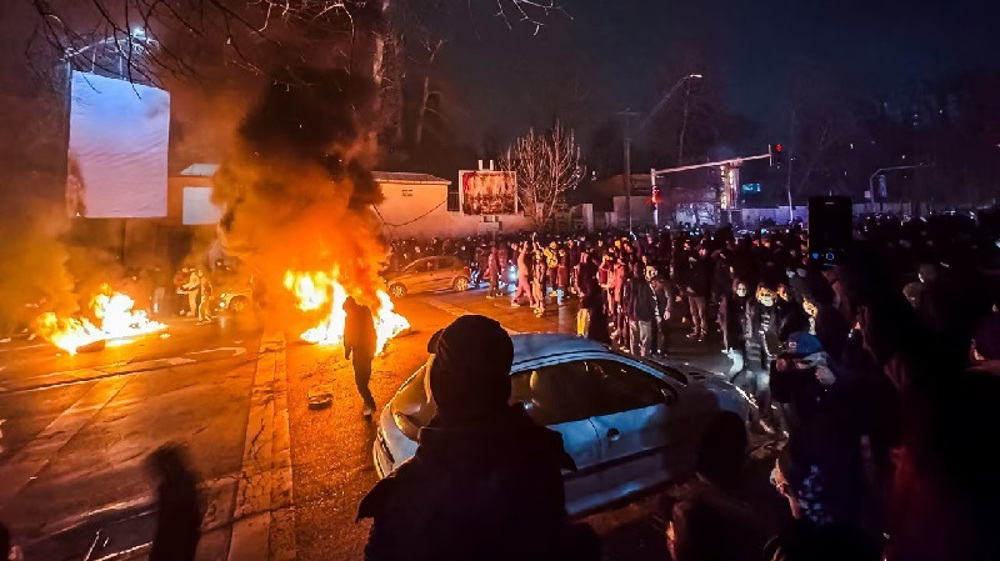




 This makes it easy to access the Press TV website
This makes it easy to access the Press TV website